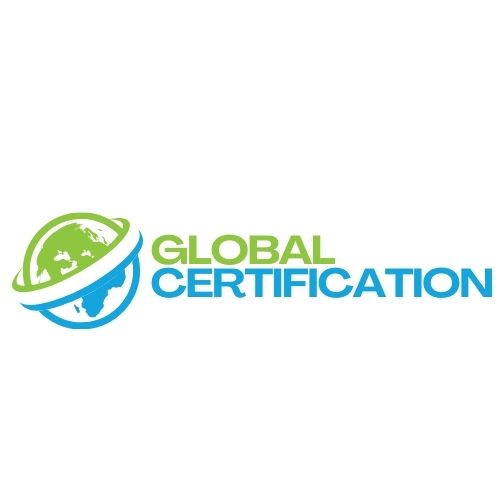Advancing Equitable and Open Trade through Global Certification
Global certification of individual trade experts and businesses can contribute to equitable and open trade in several ways:
Standardisation of Practices: Certification programs often establish standardised practices and procedures that promote transparency and fairness in international trade. By adhering to these standards, certified professionals and businesses help create a level playing field for all participants.
Compliance with Regulations: Certification typically involves demonstrating compliance with international trade regulations, including those related to labor standards, environmental protection, and fair trade practices. This ensures that all participants operate within legal frameworks and contribute to a more equitable trading environment.
Promotion of Ethical Practices: Certification programs often include ethical guidelines and codes of conduct that encourage responsible behavior in international trade. This can help prevent exploitation, corruption, and unfair business practices, promoting a more ethical and equitable trading system.
Access to Information and Resources: Certified trade experts and businesses often have access to valuable information, resources, and networks that can help promote equitable trade practices. This includes knowledge sharing, capacity building, and collaboration opportunities aimed at supporting smaller businesses and disadvantaged communities.
Capacity Building: Certification programs frequently include training and educational components that help build the capacity of individuals and businesses to engage in international trade. By empowering stakeholders with knowledge and skills, certification contributes to a more inclusive and equitable distribution of opportunities in the global marketplace.
Promotion of Diversity and Inclusion: Certification programs can encourage diversity and inclusion by providing opportunities for individuals from diverse backgrounds to participate in international trade and entrepreneurship. This helps create a more diverse and inclusive trading community, fostering innovation and economic development.
Consumer Confidence: Certified businesses often enjoy higher levels of consumer confidence, as customers trust that their products and services meet established standards for quality, safety, and sustainability. This trust can lead to increased demand for certified products, benefiting businesses that prioritize equitable and open trade practices.
Overall, global certification contributes to equitable and open trade by promoting standardisation, compliance with regulations, ethical practices, access to resources, capacity building, diversity, inclusion, and consumer confidence. These efforts help create a more level playing field and foster sustainable economic growth for all stakeholders involved in international trade.

